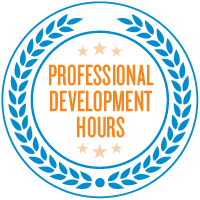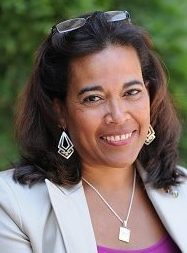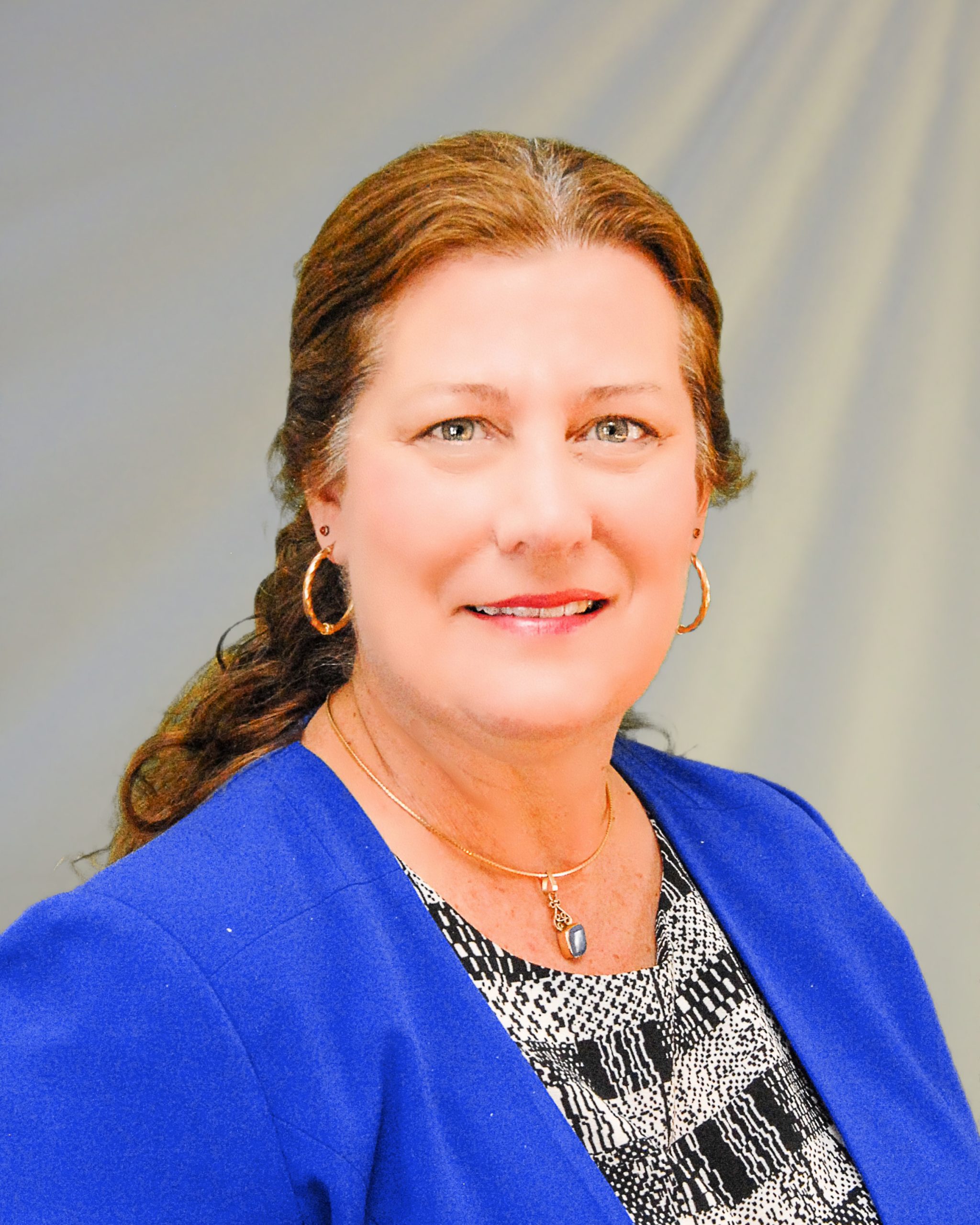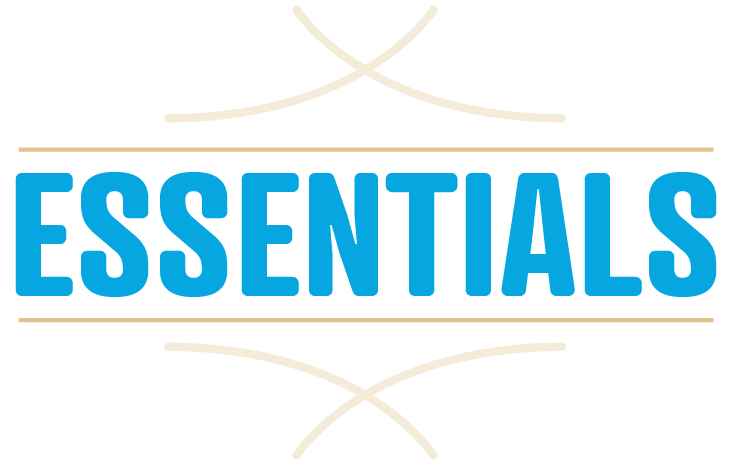Essentials of Effective Proposal Preparation, led by former NSF program officers, is designed to prepare participants to craft and submit an education-oriented grant proposal for NSF and enhance their understanding of strategies for developing more effective proposals.

Type: Instructor-Led Course
Delivery Method: Live Online
Level: Foundational
Duration: 9.5 hours
Dates
Oct 15, 16, 18, 21, 23, 25
11am – 12:30pm
** Session on Oct 18th extended by 30 minutes
Pricing
ASEE Member: $750
ASEE Student Member: $450
Non-Member: $850
Groups of 5+ receive 10% off!
Email us to register a group

Overview
This six-part program, led by former NSF program officers, is designed to prepare participants to craft and submit an education-oriented grant proposal for NSF and enhance their understanding of strategies for developing more effective proposals.
Throughout the program, participants will gain critical knowledge and tools for preparing a complete education-oriented grant proposal for NSF, including information on proposal rationale; goals and objectives; evaluation considerations; Broader Impacts criteria; impact and transportability; and applicable strategies for more effective proposal preparation. By the end of this program, participants will be able to develop a complete and competitive grant proposal.
This program takes place six (6) total sessions, with five (5) 90-minute-long sessions and one (1) extended two-hour-long session. This is an interactive program that utilizes the “think-pair-share” method, enabling participants to more fully grasp the material presented. There will also be ample time provided for questions and discussion.
How You Will Benefit
• You will gain critical knowledge and tools for developing an education-oriented grant proposal for NSF, including information on proposal rationale; goals and objectives; evaluation considerations; broader impacts criteria; and impact and transportability.
• You will learn tools and techniques to help you develop more effective and competitive proposals.
• You will engage with a network of professionals for input, guidance and feedback.
Intended Audience
This program is designed for individuals who want to learn how to craft and submit an education-oriented grant proposal for the National Science Foundation (NSF) and enhance their understanding of strategies for developing more effective proposals.
Learning Outcomes
By the end of this program, you will be able to:
- Prepare a proposal rationale, informed by competitive proposal elements, the NSF proposal review process, and the essential elements of a cogent implementation and project management plan
- Identify project management and learning goals for a given description of a project; distinguish between goals and objectives; and formulate objectives for a cognitive learning goal, affective learning goal, and cultural change goal
- Describe the role of an evaluator throughout the proposal process; the advantages, disadvantages, and considerations for different evaluation instruments; and confounding factors that may impact evaluation data
- Identify stakeholders that would be interested in formative and summative evaluation results and formulate a set of evaluation questions for a given project learning objective
- Describe evaluation strategies that assess the impact of broadening participation efforts and identify strategies for a project to address NSF’s Broader Impacts criterion and apply them to broadening participation in STEM
- Recognize the factors that make a project transportable or limit the adoption of a newly developed approach at other sites and identify strategies for making others aware of a new approach, engaging them in its development or use, and enabling them to use it
- Identify the strengths and weaknesses of a management plan, evaluation plan, Broader Impacts plan, and dissemination plan, and suggest recommendations for improvement
Session I: Proposal Rationale
• Elements of a competitive proposal
• NSF proposal review process
• Merit review criteria and considerations
• Introduction to proposal rationale
• Developing a proposal rationale
• Implementation and project management plans
• Role of an evaluator in the proposal development process
Session II: Goals and Objectives
• Definition of goals and objectives
• Types of project goals – project management goals, cognitive learning goals, affective learning goals, and cultural change goals
• Writing effective learning objectives
• Goals, objectives, and evaluation questions
• The role of an evaluator when developing goals and objectives
Session III: Evaluation
• Formative and summative evaluation
• Identifying evaluation stakeholders
• Instrument types and quality
• Factors and questions to consider in selecting and using evaluation instruments
• Standards of instrument quality
• Confounding factors
• Interpreting evaluation data
• Role of learning goals and objectives in evaluation
• Strengths and weaknesses of the evaluation plan
• Questions to consider when working with an evaluator
Session IV: Broader Impacts
• Introduction to NSF Broader Impacts criterion
• Developing Broader Impacts plans
• Strengths and weaknesses of the Broader Impacts plan
• Broadening participation in STEM vs. Broader Impacts
• Evaluating broadening participation strategies
Session V: Impact and Transportability
• Propagation and transportability
• Factors that limit propagation and transportability
• Characteristics of transportable projects
• Education change models
• Strategies for engaging others in a project
• Introduction to transformative educational design and development projects
• Dissemination plan strengths and weaknesses
Session VI: Ancillary NSF Proposal Documents
• Project Data Forms
• Data Management Plans
• Post-doc Mentoring Plans
• Budget Justifications
• Biosketches
• Current and Pending Support
 Dr. Bevlee Watford is the Associate Dean for Equity and Engagement and the Executive Director of the Center for the Enhancement of Engineering Diversity (CEED) at Virginia Tech. The Equity and Engagement office is responsible for the recruitment and retention of diverse students, both undergraduate and graduate. This includes a wide array of programs developed and implemented for precollege students as well as programs supporting the academic, professional and personal development of current students.
Dr. Bevlee Watford is the Associate Dean for Equity and Engagement and the Executive Director of the Center for the Enhancement of Engineering Diversity (CEED) at Virginia Tech. The Equity and Engagement office is responsible for the recruitment and retention of diverse students, both undergraduate and graduate. This includes a wide array of programs developed and implemented for precollege students as well as programs supporting the academic, professional and personal development of current students.
Dr. Watford has worked at Virginia Tech since 1992, becoming associate dean in 1997. Her professional interests are focused on ensuring that all students who desire an engineering degree are successful. She is particularly interested in helping under-represented students achieve their educational and professional goals, whether these goals are in engineering or any other field. Dr. Watford earned all of her degrees from Virginia Tech’s College of Engineering (BS Mining Engineering, MS and PhD in Industrial Engineering and Operations Research).
Dr. Watford served as President of the American Society for Engineering Education (ASEE) in 2016 – 2017, as the Society’s first African American female president.

Dr. Sheryl Sorby is a Professor of Engineering Education at the University of Cincinnati. She was a Fulbright Scholar at the Dublin Institute of Technology conducting research in engineering education and is a professor emerita of Mechanical Engineering at Michigan Tech. She is the former Associate Dean for Academic Programs in the College of Engineering at Michigan Tech and served at the National Science Foundation as a Program Director in the Division of Undergraduate Education for nearly three years. Prior to her appointment as Associate Dean, Dr. Sorby served as chair of the Engineering Fundamentals Department. She received a BS in Civil Engineering, an MS in Engineering Mechanics, and a PhD in Mechanical Engineering-Engineering Mechanics, all from Michigan Tech.
Dr. Sorby has a well-established research program in spatial visualization, receiving her first grant from the NSF in 1993 to develop a course and course materials for helping engineering students develop their 3-D spatial skills. She has received numerous follow-up grants from the NSF and the Department of Education to further her work in developing and assessing spatial skills. Her spatial skills curriculum has been adopted by several engineering programs across the country. In 2005 she received WEPAN’s Betty Vetter award for her work in improving the 3-D spatial skills of engineering students. She received ASEE’s Sharon Keillor award for Outstanding Woman Engineering Educator and the Claire Felbinger award for Diversity, Equity, and Inclusion from ABET. She is a Fellow of the American Society for Engineering Education, a fellow of the European Society for Engineering Education (SEFI), and is the immediate Past President of ASEE.
Requirements and Resources
Pre-Work: You will complete a pre-program assignment related to the program’s learning outcomes.
Supplemental Resources: You will be provided with (1) a participant guide, (2) presentation slides, and (3) workshop recordings.
Attendance and Completion
Full and active participation will enhance the learning experience for all participants. At the end of the program, you will receive a certificate of completion via email. Professional development hours (PDH) will be provided upon request.
Terms and Policies
If you have questions, please contact learning@asee.org.
 “This workshop presents a veritable treasure trove of material. Bev Watford and Susan Burkett break down the NSF proposal process step-by-step, clearly explaining key concepts and the finer nuances of what makes an effective proposal. Through interactive teaching and vivid examples from their years of experience, Bev and Susan made a potentially intimidating process come to life. Thanks to this workshop, I feel confident to submit my first NSF proposal—it was quite simply one of the most valuable workshops I have ever attended.”
“This workshop presents a veritable treasure trove of material. Bev Watford and Susan Burkett break down the NSF proposal process step-by-step, clearly explaining key concepts and the finer nuances of what makes an effective proposal. Through interactive teaching and vivid examples from their years of experience, Bev and Susan made a potentially intimidating process come to life. Thanks to this workshop, I feel confident to submit my first NSF proposal—it was quite simply one of the most valuable workshops I have ever attended.”
Harly Ramsey, PhD
Associate Professor of Technical Communication Practice
University of Southern California Viterbi School of Engineering
 “The main impact that this workshop had on me was to inspire me to move forward with Education focused research. Not just that, but quite a bit of the workshop was pragmatic, with great advice and practice in not only organizing and writing proposals, but also in setting programs up for success. For example, the discussion and activities centered on “Broader Impacts” not only enables Educational Research, but broader NSF work in general. In fact, all of the interactive activities were quite good and got us all to think… heck, even the whole Zoom thing turned out fine as I got to work with folks from all over!”
“The main impact that this workshop had on me was to inspire me to move forward with Education focused research. Not just that, but quite a bit of the workshop was pragmatic, with great advice and practice in not only organizing and writing proposals, but also in setting programs up for success. For example, the discussion and activities centered on “Broader Impacts” not only enables Educational Research, but broader NSF work in general. In fact, all of the interactive activities were quite good and got us all to think… heck, even the whole Zoom thing turned out fine as I got to work with folks from all over!”
Timothy Kane
Professor, Electrical Engineering and Computer Science
Penn State College of Engineering
 “This workshop definitely helped me on focusing on details that are important to create a successful educational research proposal. The organization of the workshop was flawless, the delivery of the contents was truly engaging (even in a Zoom setup!), and the hands-on activities allowed me to work with colleagues from a diverse number of institutions. The instructors of the workshop have extensive experience in educational research so they share that experience and also tons of resources. I strongly recommend this workshop to anyone who is serious about seeking funding for an educational research project.”
“This workshop definitely helped me on focusing on details that are important to create a successful educational research proposal. The organization of the workshop was flawless, the delivery of the contents was truly engaging (even in a Zoom setup!), and the hands-on activities allowed me to work with colleagues from a diverse number of institutions. The instructors of the workshop have extensive experience in educational research so they share that experience and also tons of resources. I strongly recommend this workshop to anyone who is serious about seeking funding for an educational research project.”
Julio Urbina
Associate Professor, Electrical Engineering and Computer Science
Penn State College of Engineering
“[This program] was exactly what I have been looking for. Over the years, a number of our engineering faculty have submitted engineering education proposals to NSF with little success. Faculty struggle because they are not familiar with the particular style and assessment requirements. The virtual workshop was created and presented by NSF program officers, and it was delivered using teaching best practices by engaging attendees in writing activities every 10 to 15 minutes.”
Janet Twomey, PhD
Associate Dean for Research and Faculty Development
Wichita State University
“ASEE’S Essentials of Effective Proposal Preparation is fantastic. I am new to the engineering education. This workshop answered many of my practical questions and enlightened me on preparing the essential elements of an NSF proposal. The think-share-compare activities and the Q&A are extremely helpful and engaging.”
Xinyu Zhang, PhD, P.E.
Teaching Assistant Professor, Fundamentals of Engineering Program
West Virginia University

